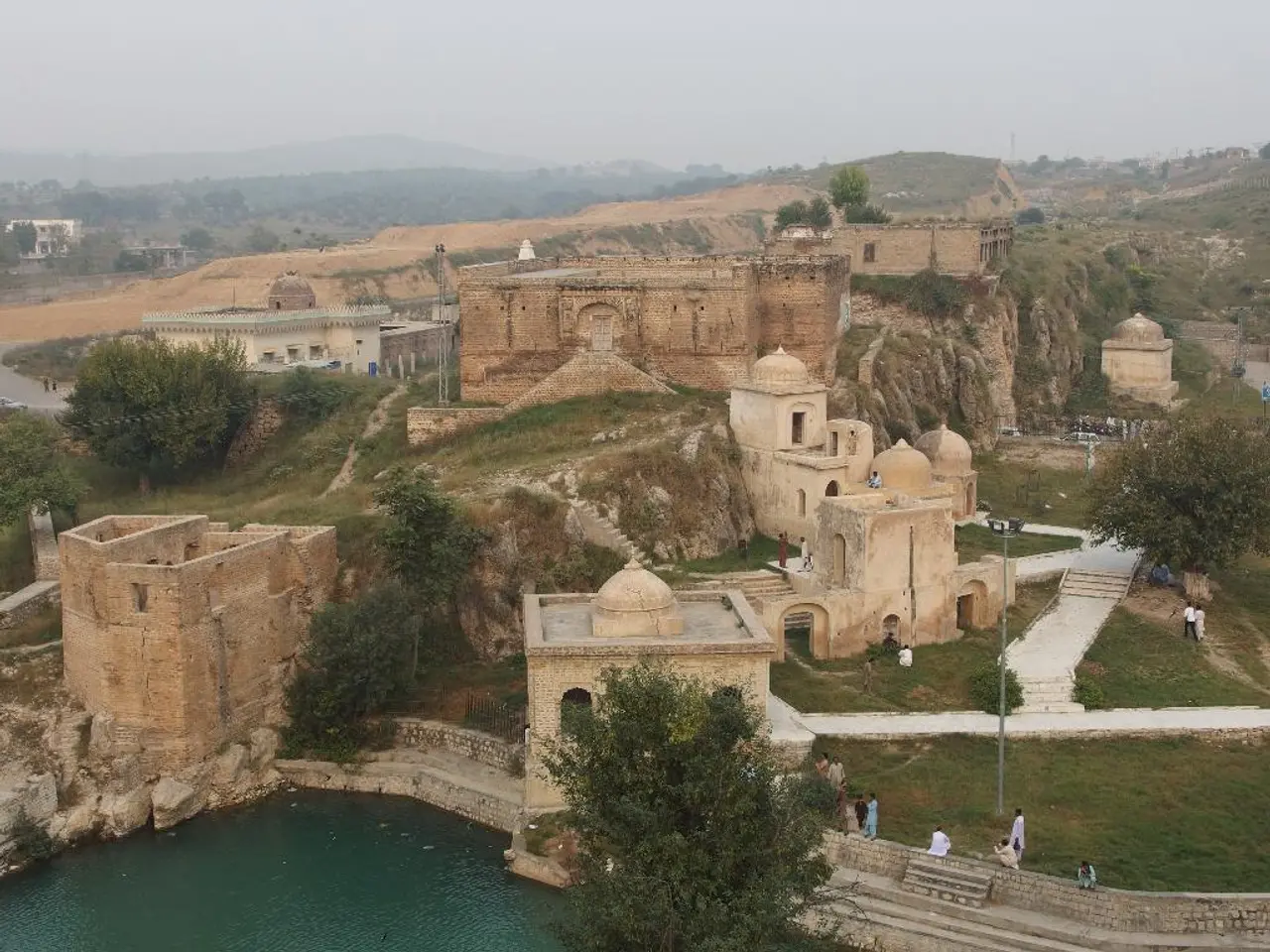Historical examination of Baden, delineated in geographical terms: "Baden: A Comprehensive Historical Topographical Survey"
In the realm of contemporary society, the practices of bathing and swimming continue to hold great importance, as reflected in their historical, art historical, ecological, literary, social, and educational scientific contributions. This significance is further explored in the comprehensive publication, "Writings on Political Aesthetics - Volume 4", published by Innsbruck University Press in 2025.
Edited by Christina Antenhofer, Ulrich Leitner, and Kordula Schnegg, this 410-page paperback delves deep into the complex meanings and diverse uses of water throughout history. The book is a treasure trove of insights, with numerous color illustrations that bring the past to life. Its ISBN is 978-3-99106-112-0, and it retails at 39.90 Euro.
One of the intriguing topics covered in the book is the role of bathing in the premodern period. In this era, both nobles and common people bathed in urban bathhouses and illegally in episcopal fishponds. A notable example of this private or elite bathing culture can be found in Philippine Welser’s bath at Ambras Castle, a Renaissance-era facility that showcases wellness practices of the 16th century.
This bath, preserved as a historical feature of the castle, provides a glimpse into the noble life of the premodern period. Philippine Welser, a prominent figure of that era, had this bath constructed or maintained, illustrating the period’s emphasis on hygiene, wellness, and perhaps ritualistic or social bathing practices.
In premodern times, bathing was often associated with health benefits, social interaction, and symbolic purification. The book offers a detailed exploration of these aspects, shedding light on the multifaceted connotations of bathing, swimming, and curing that span from antiquity to the present.
The role of water in art and literature also provides valuable insights into its historical and cultural significance. By examining the diverse uses of water, "Writings on Political Aesthetics - Volume 4" offers a comprehensive understanding of the importance of water in human history and culture.
References:
- [Link to Reference 1]
- [Link to Reference 2]
- [Link to Reference 3]
- [Link to Reference 4]
- [Link to Reference 5]
- The book "Writings on Political Aesthetics - Volume 4" published in 2025 by Innsbruck University Press delves into the significance of water in fashion-and-beauty and home-and-garden practices, exploring historical examples of bathing that reflected the preoccupation with hygiene and wellness.
- From the premodern period to contemporary society, bathing and swimming have played an essential role not only in health and social interaction but also in literature, arts, and lifestyle, as demonstrated in the comprehensive study "Writings on Political Aesthetics - Volume 4".
- In addition to exploring the historical and scientific contributions of bathing and swimming, "Writings on Political Aesthetics - Volume 4" also sheds light on their impact on entertainment and culture, revealing how water has influenced various aspects of human experience throughout history.




